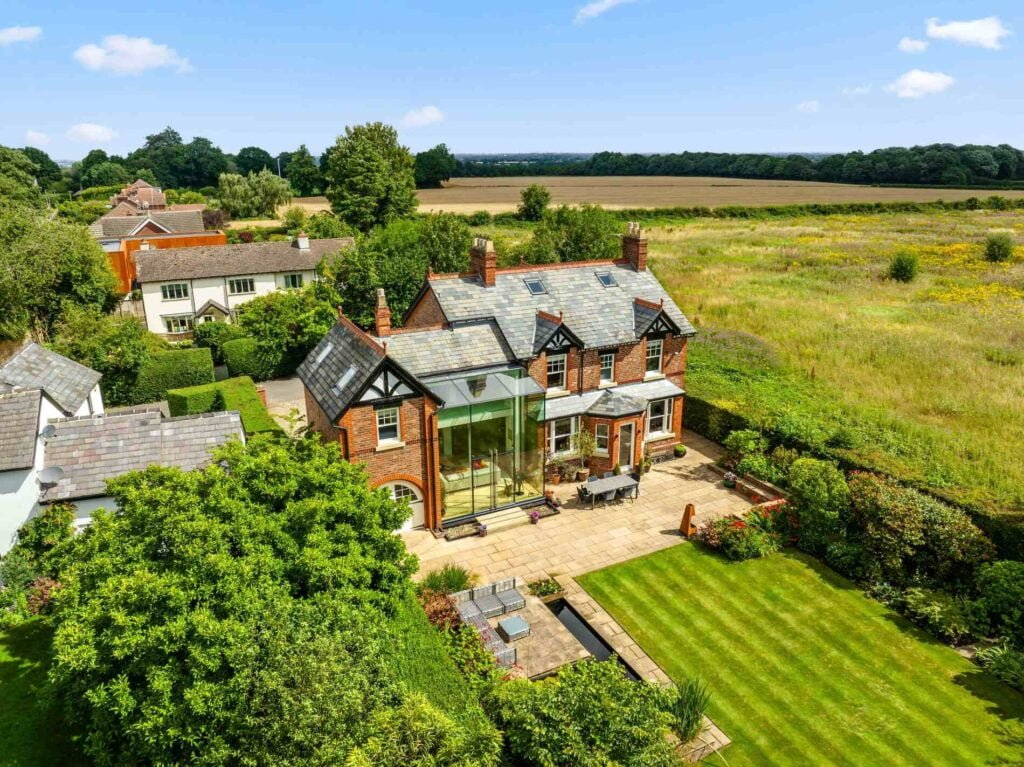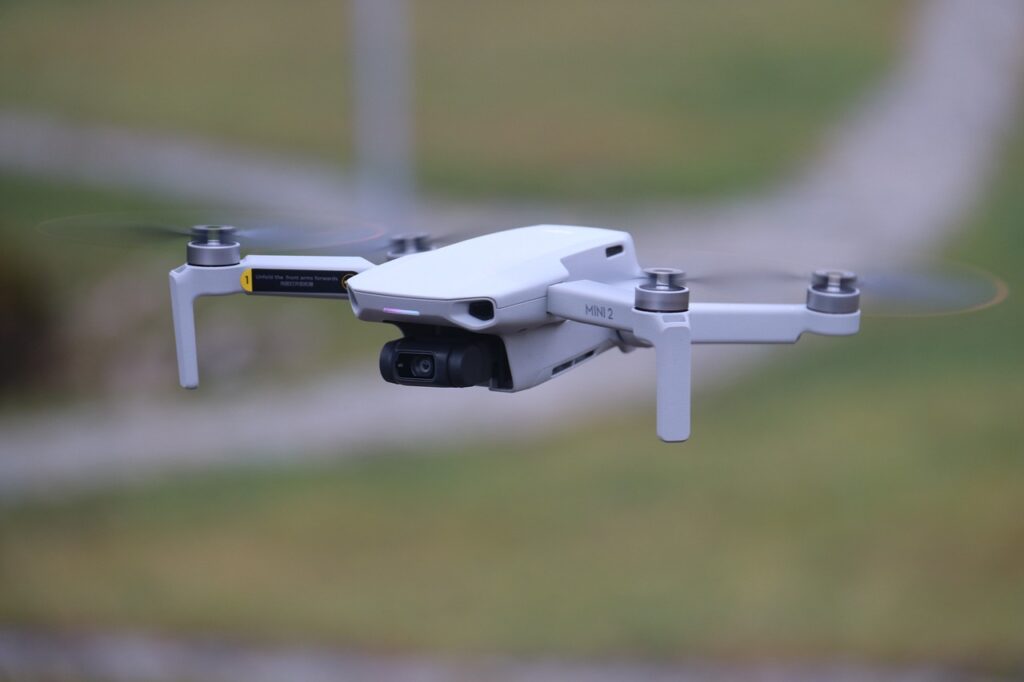Drone photography has become a pivotal tool in showcasing properties, offering captivating perspectives. Understanding the legal parameters and necessary qualifications is essential for property photographers. This article explores legal guidelines in residential drone photography (UK).

1. A2 C of C Qualification: In the post-2020 regulatory framework, the A2 Certificate of Competency (A2 C of C) has emerged as a prerequisite for responsible drone operation. Issued by the Civil Aviation Authority (CAA), this qualification showcases an operator’s competence in adhering to safety standards, a vital aspect for flying drones in residential spaces.
- Key Points:
- Obtaining the A2 C of C is essential for drone operators engaged in commercial photography.
- The qualification emphasises safe distances and responsible operation in congested areas.
2. A2 Subcategory-Certified Drones: The A2 C of C applies to drones operating within the A2 subcategory. These drones are designed to meet specific safety standards, ensuring compliance with regulations when flying in residential zones. Here is a resource that goes into more detail on this subject.
- Drone Specifications:
- A2 subcategory drones weigh less than 4 kg.
- They feature technology to prevent operation within unauthorized zones.
- Compliance with A2 standards ensures safer drone operation in residential environments.

3. Distances, Safety, and Compliance: Maintaining safe distances from people, buildings, and congested areas is a core aspect of responsible drone operation. The A2 C of C qualification equips drone operators with the knowledge to navigate these legal requirements, prioritizing safety and minimizing risks in residential settings.
4. Weather Considerations: Weather conditions significantly impact drone flights. A2 subcategory drones, covered by the A2 C of C qualification, are designed to operate safely in various weather conditions, allowing property photographers to plan flights responsibly.
5. Legal Ramifications of Non-Compliance: Failure to comply with drone regulations can lead to legal consequences. Possessing the A2 C of C qualification not only showcases a commitment to compliance but also protects property photographers from potential legal ramifications.
As drones continue to transform property photography, adhering to legal guidelines and utilising A2 subcategory-certified drones is crucial. The A2 C of C qualification and drone specifications ensure compliance, safety, and a positive drone photography experience in residential areas. Once you have obtained an A2 you will have a much clearer understanding of legal guidelines in residential drone photography.
At Hovver, we prioritise legal compliance in drone photography. Our licensed Drone Pilots hold the A2 C of C qualification, ensuring a safe and legally sound aerial experience for property photography. Contact us to explore the elevated perspectives that drone photography can bring to your property listings.
